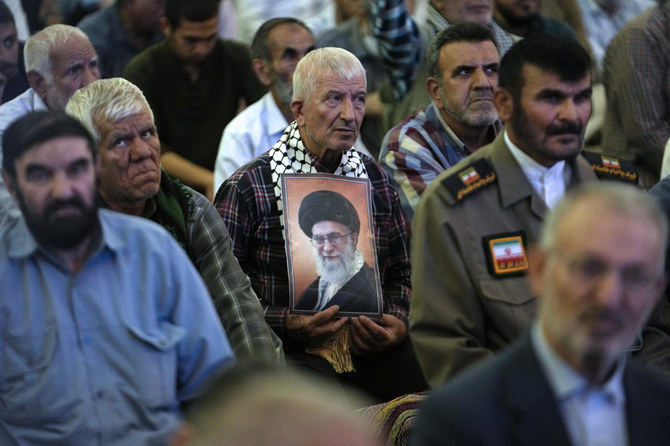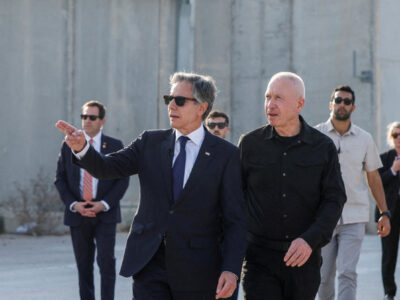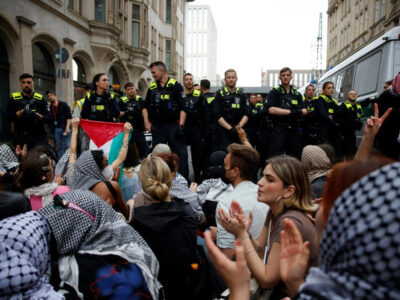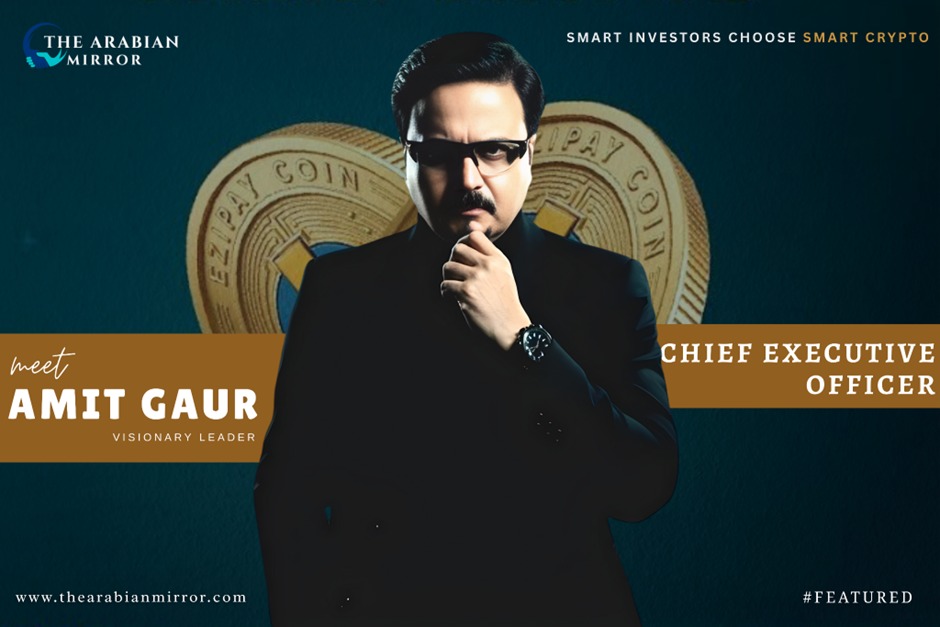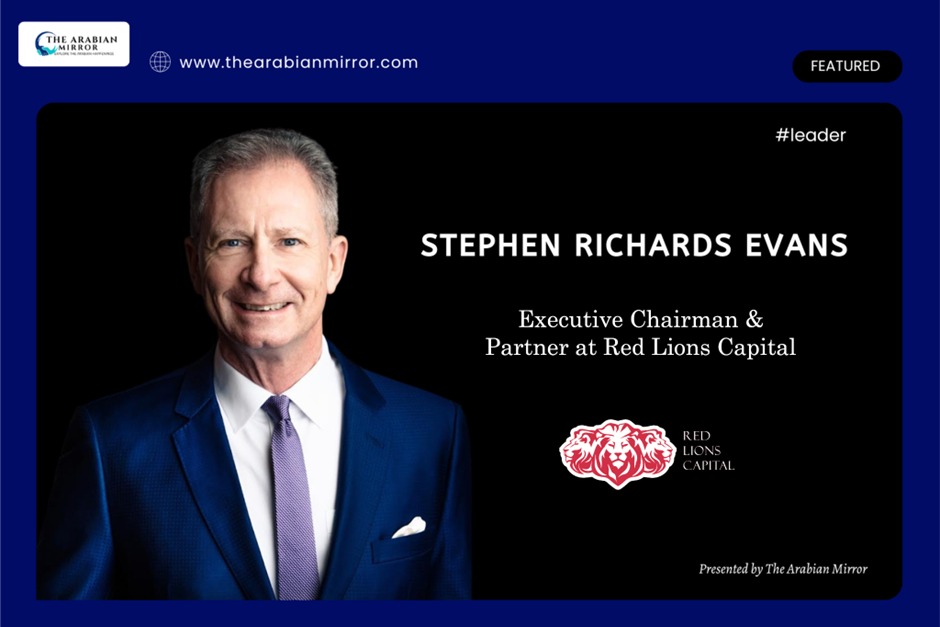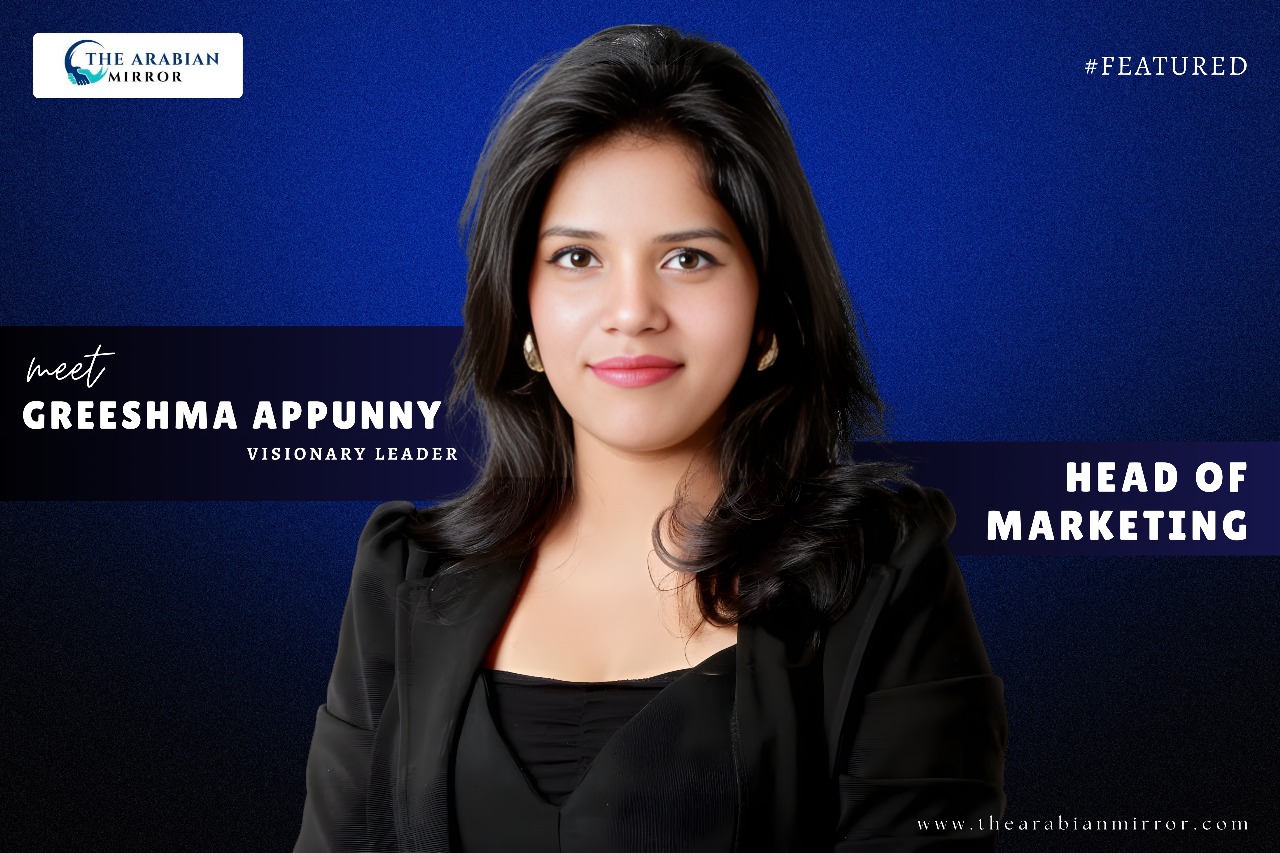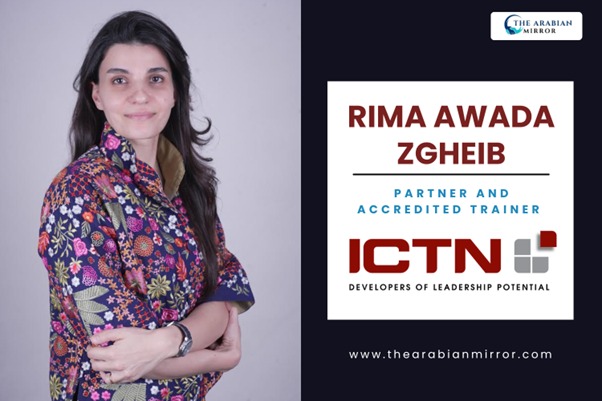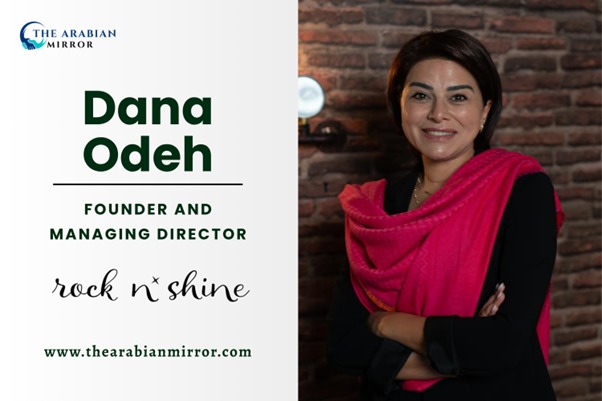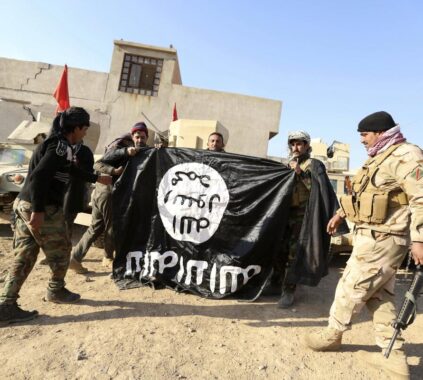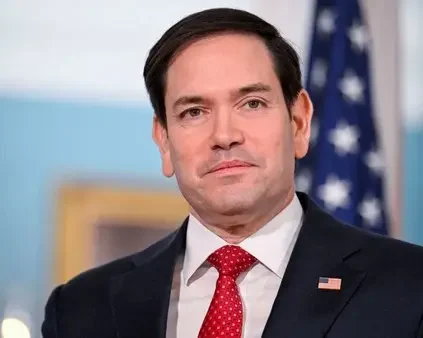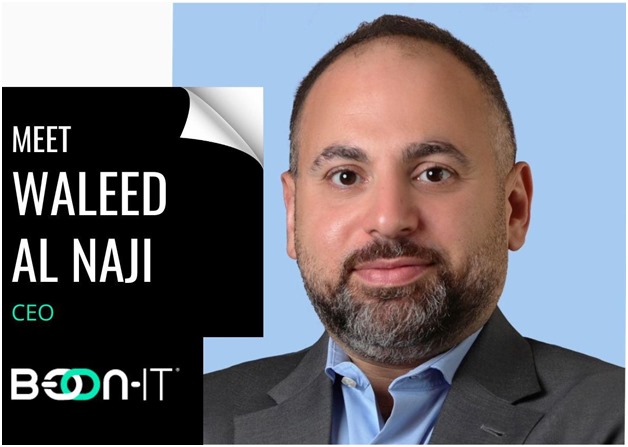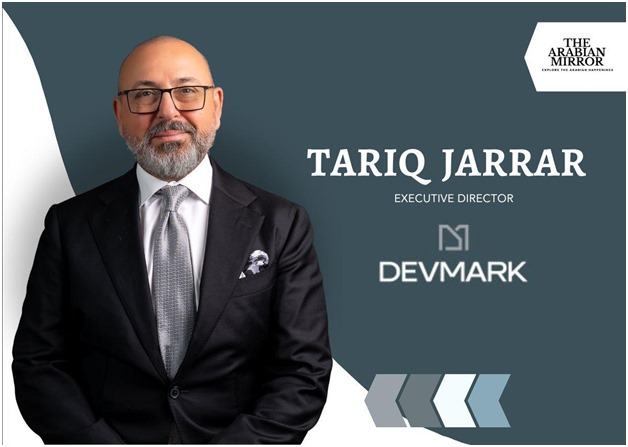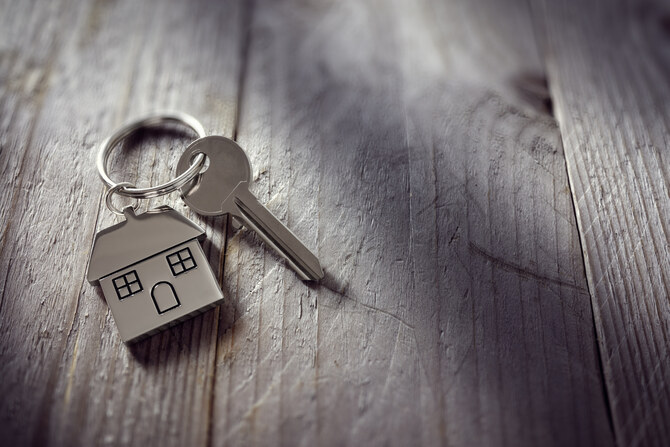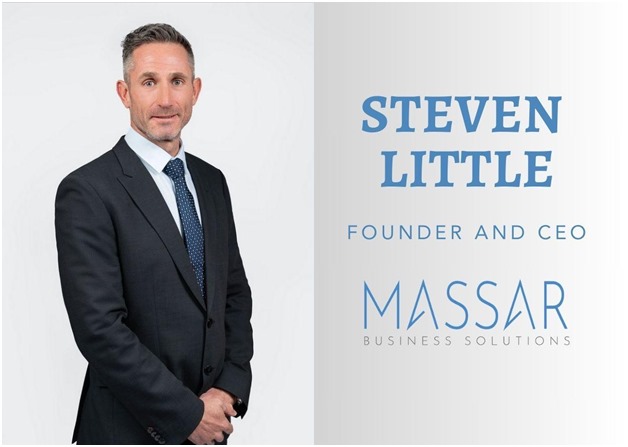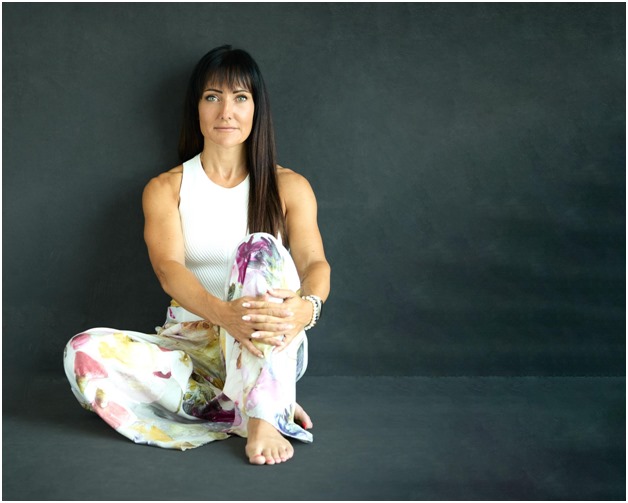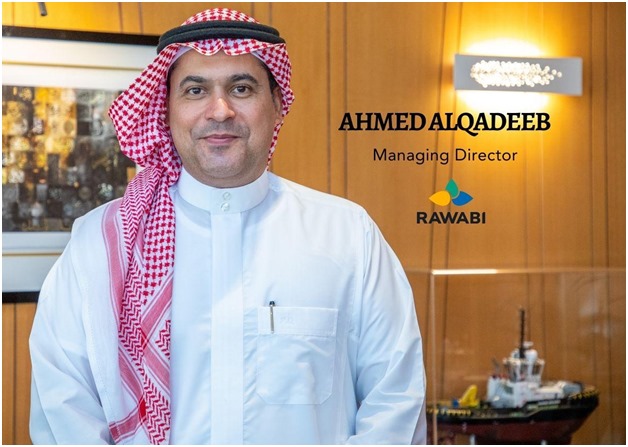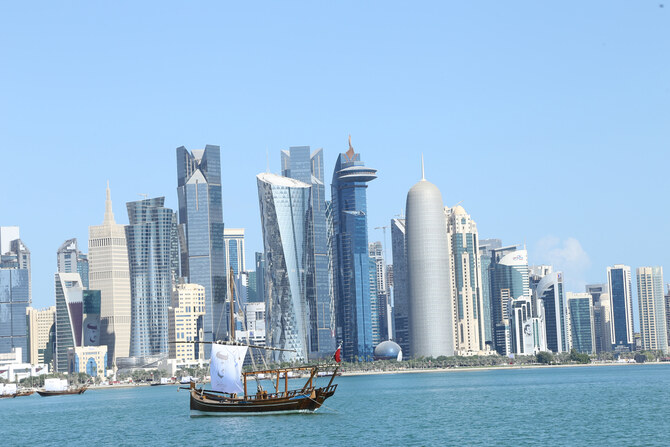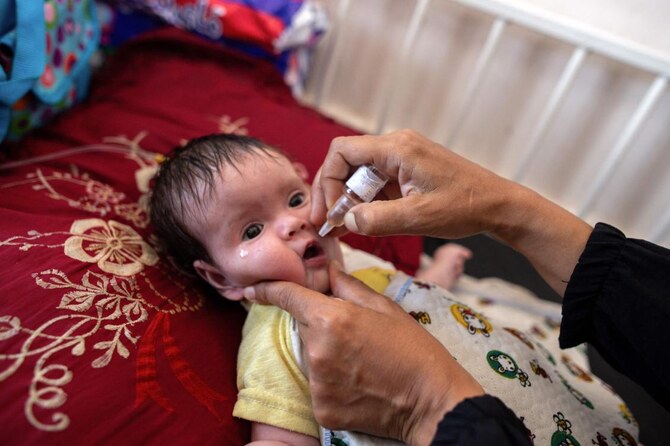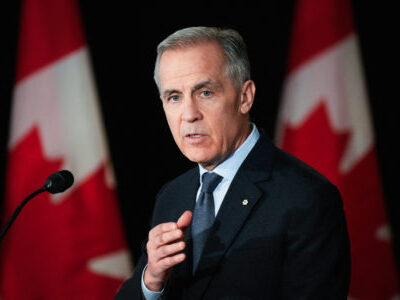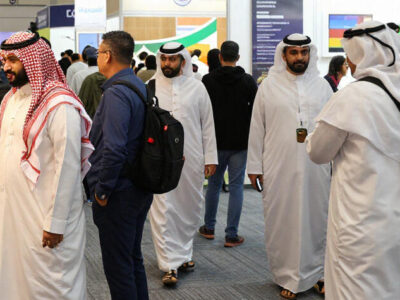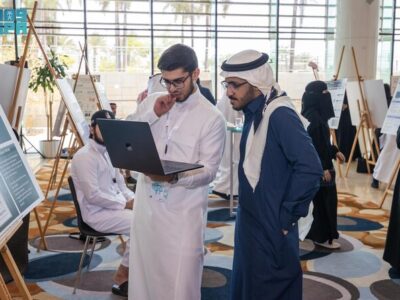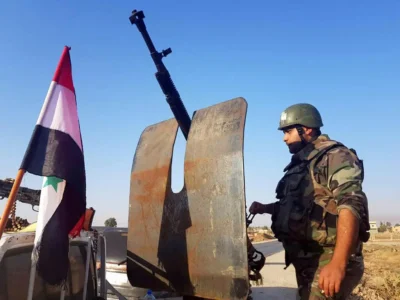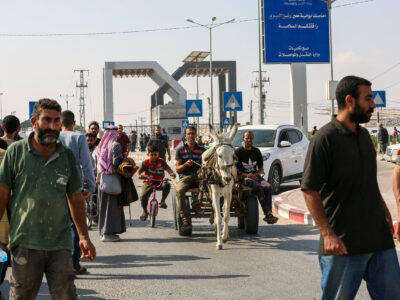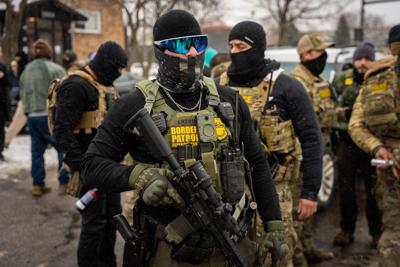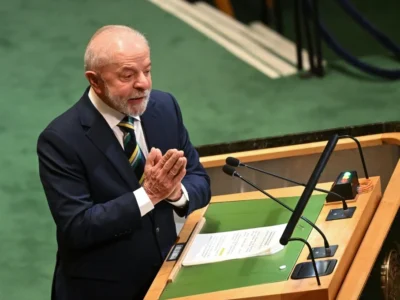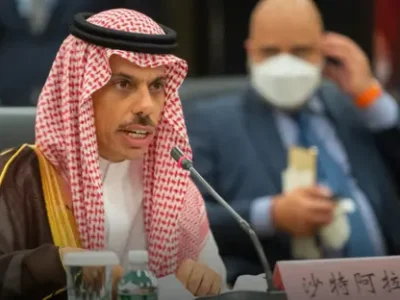Following Ebrahim Raisi’s death in a helicopter crash last month, Iranians will elect a president on Friday in a closely watched election. The result is anticipated to have an impact on the succession of Iran’s top decision-maker, Ayatollah Ali Khamenei.
The 85-year-old supreme leader of Iran will probably play a major role in the process of selecting the country’s next leader, as Khamenei has made sure that contenders with similar hard-line positions have a clear advantage in the presidential race.
Amidst mounting regional tensions stemming from the Israel-Hamas conflict, growing internal discontent over political, social, and economic difficulties, and heightened Western pressure on Iran over its quickly progressing nuclear program, the election is taking place at the same time.
However, the main worry among Iran’s clerical elite is the impending succession to the ferociously anti-Western Khamenei.
Out of the initial pool of 80 candidates, the Guardian Council, a hard-line screening committee composed of clerics and jurists supporting Khamenei, has accepted five hard-liners and one low-key moderate candidate.
Among the hardliners are nuclear negotiator Saeed Jalili and parliament speaker Muhammad Baqer Qalibaf, who was once in charge of the formidable Revolutionary Guards.
The only moderate contender, Massoud Pezeshkian, has the support of Iran’s politically marginalized reformist faction, which is in favor of a thaw in relations with the West.
Also Read:
Cutting Important Targets, Airbus Incurs a Large Space Price


